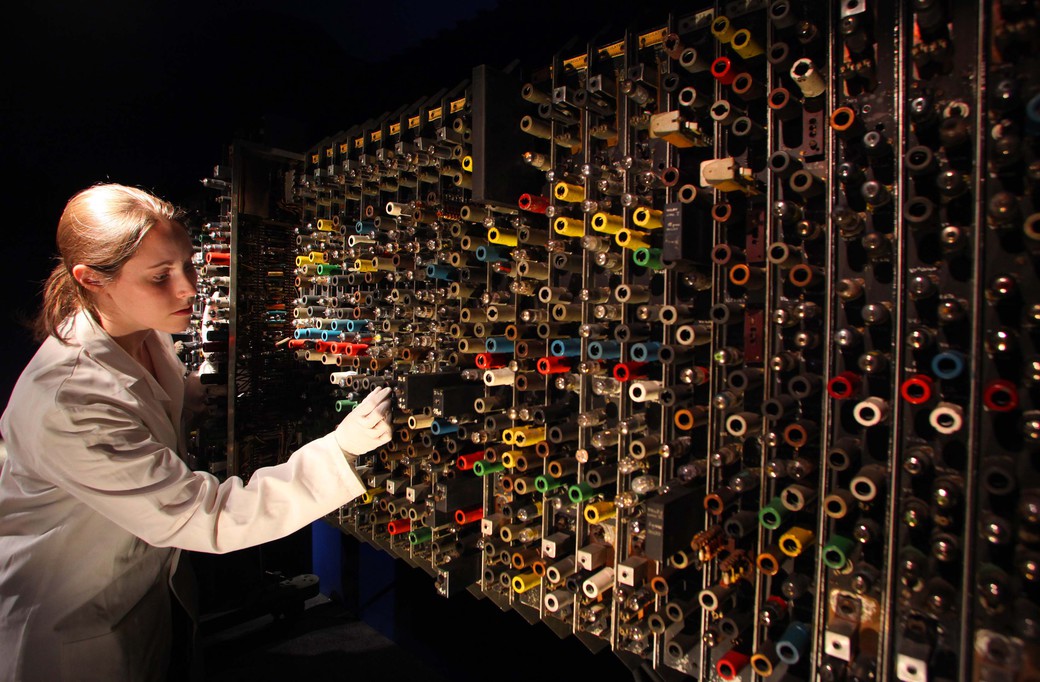Science Cafés in the UK

Cafés Scintifique, also known as Science Cafés are, like their name suggests, cafés and bars which besides serving tea and coffee also make science more accessible to the general public and easier to understand. The main goal is to present the recent scientific findings, issues and controversies to non-scientists and the general public in a relaxed and informal setting. On the one hand, this is to improve the public perception of scientists and scientific research and on the other, help the general public and everyone interested in science get relevant information and learn more about the topics/subjects of interest. From the first hand!
The Concept of Science Cafés
Science café basically works as a discussion or forum between the scientific community and the general public. Cafés and bars that have joined the “scientifique movement” hold at least one science-related event per month. Before the actual discussion, the issue is presented by a speaker from the scientific community. A brief speech (usually less than one hour) is followed by a discussion, usually in the form of questions and answers.
At a first glance, discussion at science cafés appears almost identical to the traditional scientific meetings and even lectures. But unlike the latter, discussion at science cafés is very informal - the participants are sipping tea or coffee rather than taking notes. And what is even more important, the discussion is very egalitarian - similar to that between friends or colleagues meeting at a tea or coffee - and at the same time, respectful. From both sides. Just like the public is expected to show respect to the speakers from the scientific community, the latter must show respect to the public.
A Brief History of Science Cafés
History of science cafés dates to the late 1990s, while the first science café in the UK was opened in Leeds. This café as well as others that soon opened all over Britain were inspired by the so-called Café Philosophique movement that began to spread in France in the early 1990s and sought to improve the communication between the scientific community and the general public. But while Café Philosophique movement was launched by scientists seeking to establish closer ties with the public, science cafés in the UK were launched by non-scientists with an aim to create an easier access to science and scientists.
Science Cafés Around Britain
There are now more than 70 science cafés, with new ones opening all over Britain. The topics that are discussed mostly focus on the current issues such as climate change, GMO, nanotechnology, etc. but the discussions cover virtually everything that is related to science and technology including medicine, biology, engineering, physics, astronomy,… Each science café follows its own programme which, however, is usually discussed with the audience in order to make sure that the topics/subjects meet its interests.